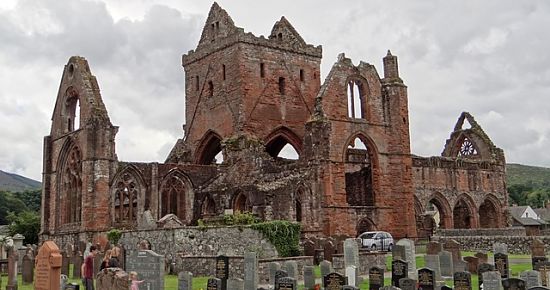Aaron Niequist, in Relevant Mag:
For the last 35 years, one of the most anthemic phrases around my church is this one: “the Church is the hope of the world.”
I couldn’t agree more. The Almighty God is actively healing and redeeming the entire world, and doing it primarily through human beings who are willing to offer themselves to this movement. But I’ve been noticing a disturbing trend that, in my opinion, twists this truth.
In the wake of a handful of well-known pastors leaving their churches (Francis Chan, Rob Bell, etc.) to pursue other missions, there has been some grumbling and criticism from those who stay. One influential pastor said it like this: “The local church has been, and always will be, the PRIMARY tool for God’s will in the world. Other ministries are important but secondary.”
But when I heard it, I wondered, how is “the local church” defined?
If we were to say of the local church, “The primary tool for God’s will in the world is when God’s followers humbly submit themselves to His dream for humanity and to each other in the power of His Spirit,” then I completely agree.
But if our idea of the local church means, “The primary tool for God’s will in the world is any 501(c)(3) organization that calls itself a church, and anything outside of its walls is important but secondary,” then I absolutely disagree.
When church leaders are believed to have the most important job in the universe and everyone else is secondary, that is religion at its worst….
God has invited every person to join His work of redemption—whether they’re wearing a clerical collar or an orange construction vest.
How can the Church help foster this reality? What kind of church trains and launches people into the ministry of their everyday lives? What kind of church trains and retains people to receive the ministry of the Church? This is obviously a huge question.
I am way more compelled by a church of the people than a church for the people.
This is not to say that one is completely right and the other is completely wrong; but I’m becoming increasingly captured by the idea of “the priesthood of all believers.” Church as a movement rather than an institution; a Church created by the people rather than consumed by the people.











